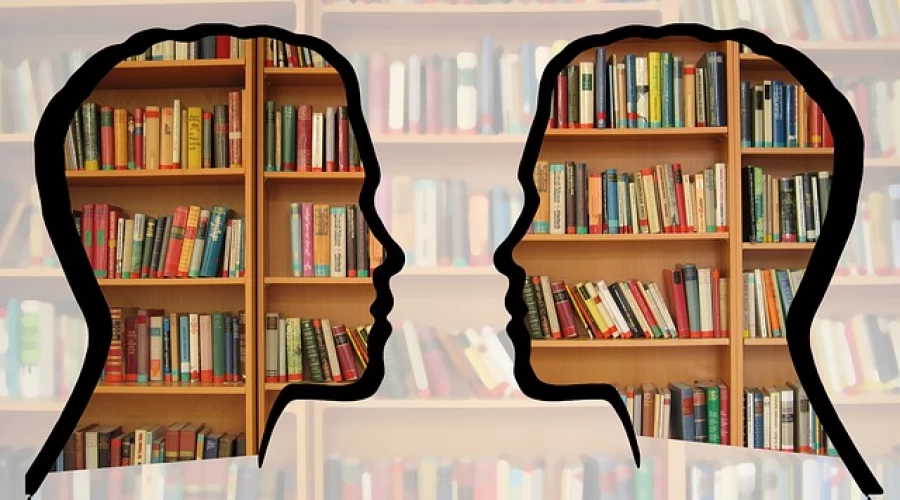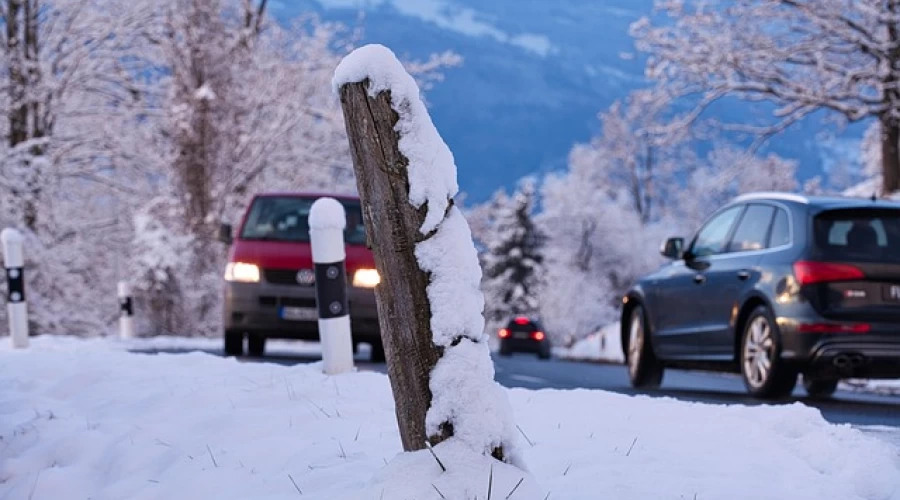Heavy Snow
- Risk Level: Very High
- Risk Ref. #: NRR50
- Likelihood/Impact: 4/4
- Download the Risk Register

Introduction
Snow! Brings up thoughts of Christmas, days off school and perhaps a festive landscape. Further thoughts then venture towards skiing, snowmen and maybe that occasion you got a snowball in the face! It’s not all fun and rarely do we consider the serious impacts snow can bring to our daily life and our communities’ wellbeing.
Interesting Fact
According to the Met Office the UK sees an average of 23.7 days of snow fall or sleet a year with the majority of this in lower temperatures on higher ground.
Local Risk Rating
Heavy Snow is assessed as Very High risk on our Preparing for an Emergency Booklet. Take a look at the table shown in What is Risk? to understand why.
- Impact: Significant (4)
- Likelihood: Medium High (4)
- Rating: Very High
What is it?
Snow forms when temperatures are low and there is moisture in the atmosphere. Snow can be defined as solid precipitation which initially occurs as a variety of tiny ice crystals in clouds. Ice crystals stick together to form snowflakes and once heavy enough will fall to the ground. As the flakes fall they change in one of two ways;
- through moist air (that is warmer than 0°C) the edges melt and more stick together to produce bigger flakes
- through cold and dry air the flakes do not stick together and produce powdery snow.
It’s a myth that it needs to be below 0°C to snow, it falls at its heaviest in the UK between 2°C - 0°C. If the temperature is above 2°C then the snowflake will melt and fall as sleet or rain.
Why isn’t all snow good for Snowmen?
Ever heard someone say it’s not the right snow for that? Well, the simple reason is this:
Dry (powdery) Snow – small snowflakes as not many have stuck together, this is great for winter sports but does get easily blown around causing snow drifts.
Wet snow – larger snowflakes as the warmer temperatures (just above 0°C) causes the flakes to stick together, this is great for building snowmen!
Referenced from: How does snow form? - Met Office
Impacts of snow
Now for the less fun part of snow, below are the main adverse impacts of snow:
- Movement of people – snow will reduce the movement of people making it difficult to get to school and work. This causes a particular knock-on effect with children needing childcare when not at school. This in turn increases the pressure on priority services such as Care Homes and Hospitals.
- Delivery of essentials – much of the country is heavily reliant on the delivery of essential supplies on a ‘just in time’ basis. Food, drink, and fuel is likely to be disrupted especially to those more remote areas;
- Emergency Service provision – many routes become impassable due to blocked roads, leading to delays in emergency service response;
- Power outages – heavy snowfall often leads to issues with electricity, causing blackouts because power lines are disrupted by the weight of the snow on the cables;
- Floods – as the snow melts, we are left with a vast amount of clean-up which regularly includes snow induced flood water.
Of course, this isn’t all of the associated issues and many of them won’t surface until the snow has been around for at least a day or two!
History
Winter of 1946-7
Often referred to as one of the harshest on record which lasted until March of 1947. The heavy snowfall led to blocked roads and train tracks, the shut down of power stations due to a lack of fuel therefore causing power cuts and the halting of TV and book publishing. The eventual thaw then led to over 100,000 homes being affected by flooding.
Big Freeze of 1963
Snow blanketed the country for up to two months in places due to the continuation of below freezing temperatures. Famous rivers such as the Thames froze allowing people to take up ice skating while the usual sports of football and horse racing were either postponed or cancelled. The negative effects saw transport links completely blocked, villages isolated, livestock dying of starvation (as farmers couldn’t reach them) and issues with the availability of food and drink.
Beast from the East 2018
Something we can probably all remember – how were you impacted back in 2018?
Related News

Wiltshire Libraries offer warm and welcoming spaces this winter
1m read
Wiltshire Libraries offer warm and welcoming spaces this winter

Back on the road: Wiltshire's gritters return ahead of winter weather
1m read
Back on the road: Wiltshire's gritters return ahead of winter weather
What are we doing about it in the LRF?
We have a variety of plans for snow which include 4x4 provision to support essential services, vulnerable persons, and utility outage plans. We maintain a close working relationship with the Met Office who provide a comprehensive weather forecasting service. This enables Local Authorities to put winter plans in place to monitor weather patterns and road temperatures, allowing gritting schedules on key roads throughout the county. It also allows the rail companies to plan their business effectively.
Despite all the preparatory activity, sometimes the volume of snow will be too great and cause roads to become blocked and impassable. In this situation, all agencies work together to coordinate their efforts. Local Authorities will bring in snow ploughs alongside working with local farmers to clear as many roads as quickly as possible. This task takes time and routes must be prioritised around essential usage to get the county up and running again. To see county gritting routes please click here: Gritting and snow clearance - Wiltshire Council & Gritting roads and pavements in freezing weather | Swindon Borough Council
What can you do?
There’s a number of things you could do these include:
- Signing up to be a snow warden in your local area (link)
- Ensure you don’t put yourself in danger and keep an eye on the local conditions (especially in relation to travel – essential journeys only?)
- Check on your family and local community
- Ensure you keep some key supplies available (torch, batteries, water etc)
Most importantly do not forget to enjoy it, snow isn’t that regular, and we all love to build the tallest snowman!
Downloads
Heavy Snow Risk
Heavy Snow Risk


